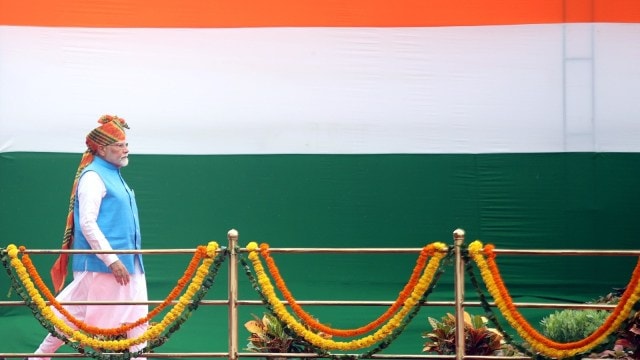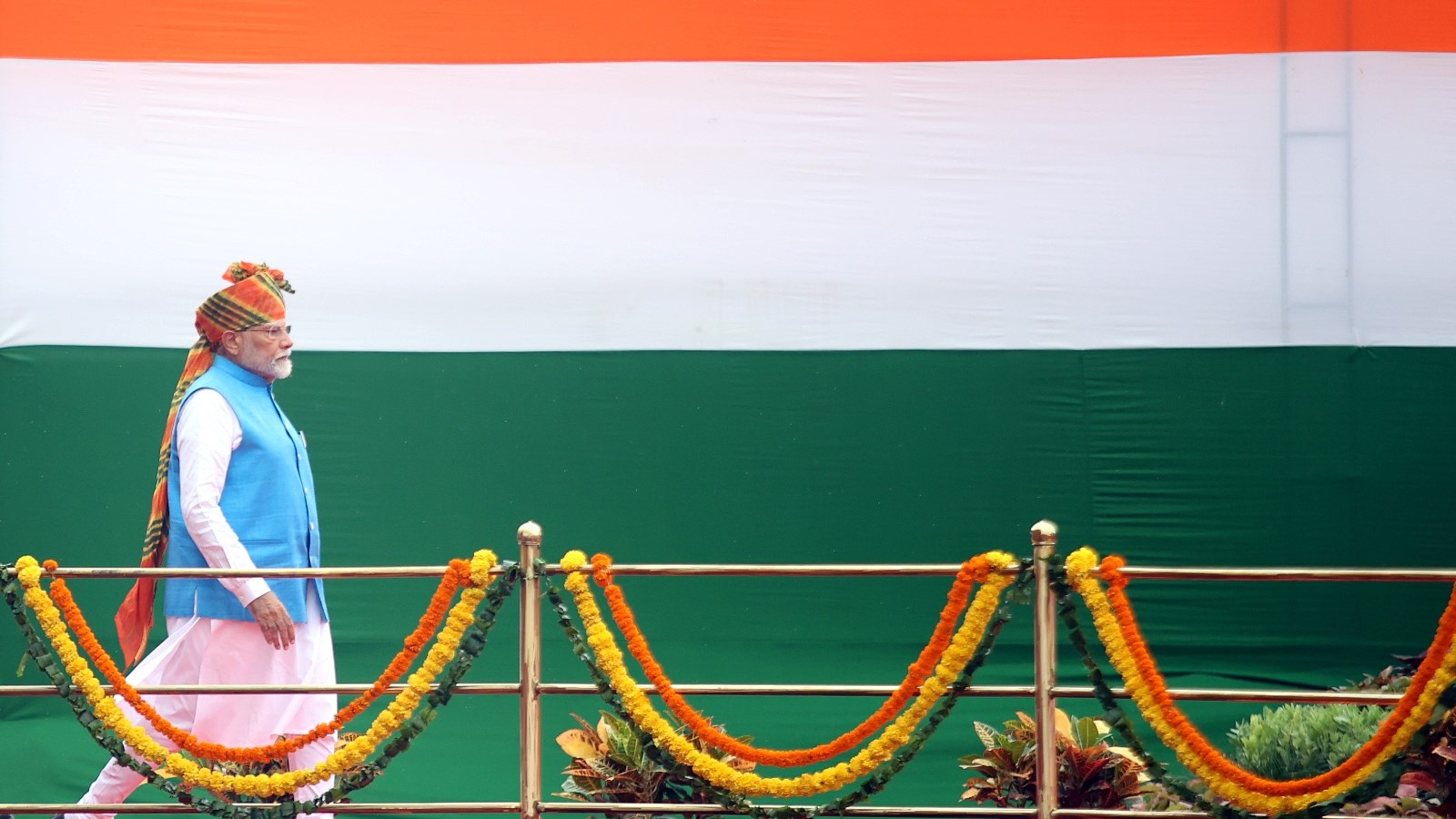
The most crucial task of a public speech that addresses the enormous and diffuse community we call “the nation”, is a political one. It is not political in the way we think of the term as associated with party politics. It is political in as much as it is an act of the imagination. How we imagine the world — our relationships with those with whom we must coexist — is a deeply political act since it has consequences for the futures that become available to us. However, there are, to invoke an idea made famous by the historian Benedict Anderson, different ways of imagining the national community. One kind of politics of national speeches consists of the effort to present the nation’s diversity as a set of contradictions that are harmful to the public good. Another is to speak of diversity as a context of learning to get along with others. The latter view reflects the idea that it is neither necessary nor possible to obliterate diversity through treating it as a harmful contradiction.
The explicit aspect of the Prime Minister’s speech on the 78th Independence Day may have been the idea of “Viksit Bharat” (Developed India) by 2047 and the key imagined audience, the youth of the country, but the underlying tone reflected a particular understanding of how one deals with a complex past and present. Imagining national life as a series of contradictions that must be flattened in order to strive for a better economic future is not really a new political strategy. It is, however, one that itself contradicts the imagination of the possibilities of nationhood as a community of maximised public welfare. The Prime Minister began his speech with a reminder of the nationalist movement that overthrew colonial rule. It would be a tragic mistake — a contradiction — to forget that the moral underpinnings of anti-colonialism lay in challenging the view that the colonised deserved to be ruled because the contradictions within them do not allow for self-rule. Anti-colonial nationalism, the Prime Minister’s opening gambit on August 15, gathered coherence through rejecting the language of “contradictions” as a justification for governance. It invoked diversity as the basis of post-colonial nationalism.
The idea of reform — of governance, health systems, the financial system, the licence-permit system and much else — has formed an important aspect of the larger narrative through which the current regime seeks to differentiate itself from the earlier one. “Reform” as an economic as well as cultural agenda has been crucial to present earlier decades of governance as a cesspit of lethargy and stasis. Or, as the Prime Minister pointed out this Independence Day, we earlier lived in a time of “hota hai” (“that is just how things are”) and “hamein mauka mila hai, mauj kar lo, jo hai usi se guzara kar lo” (“be happy and make do with what you have”). Under his watch, he went on to say, this way of thinking had changed.
Almost in the same breath, however, he also emphatically noted that “reforms are blueprints for growth, not just for debate clubs and intellectuals”. Debate and discussion as obstacles in the path of achieving national welfare was, in the speech, the most striking way of imagining diversity of opinion as contradictions. In his speech, the Prime Minister seemed to imply that “reform” is stymied by “debate clubs” and their participants. And that there is a contradiction between the national interest and the questioning of how we might define it. The Prime Minister chose to open his speech by invoking the anti-colonial movement in order to dwell upon the “revolutionary” capacities of the Indian people. These, to extend the logic of the anti-colonial nationalism, lay in extending the possibilities of debate — how we should be governed as a nation — rather than imagining “debate” and “nationhood” as contradictions.
Imagining economic and social progress through the language of contradictions that must be resolved carries a further risk: How should we think of nationalism in an age of globalisation? The speech pointed to the fact that many Indian-origin persons now head global corporations and the prestige that this secures for the nation. And yet, there was the continuing refrain: We don’t need to depend on the world and are capable of being “world leaders” across multiple domains. The logic of contradictions would lead us to ask whether we can simultaneously bask in the reflected glory of “global” CEOs — who must be skilful at operating in environments of great diversity — and also demand a homogeneity of perspectives at home.
Popular nationalism in the first few decades after Independence had a good grip on how a nation of such complexities is better viewed through the idea of diversity rather than contradiction. In the 1959 film Didi, a classroom full of students question their teacher (Sunil Dutt) about his lessons. You had taught us, they sing, that India is a country characterised by a unique and unparalleled form of unity. But, they plaintively point out, everything seems so disjointed: People follow different religions, are divided into castes and have different ways of thinking. We can see nothing of what you have told us, the students sing. There is no falsity in what I have told you, the teacher responds in verse: If people living in the same nation don’t speak the same language, this doesn’t imply disunity or hostility. Difference, he then points out, is not the enemy of nationhood. It is unfortunate that we don’t hear songs like these among the music that is played nowadays during the celebration of national days. If we did, perhaps those identified in the speech as nirashavadi tatvas (naysayers) and agents of anarchy might come to be seen, as in the Asha Bhosle and Mohammed Rafi song from Didi, as necessary elements of fruitful diversity — rather than harmful contradictions — in national life. That is a political imagination too.
The writer is British Academy Global Professor, Department of Anthropology and Sociology, SOAS University of London
© The Indian Express Pvt Ltd
First uploaded on: 15-08-2024 at 15:57 IST



